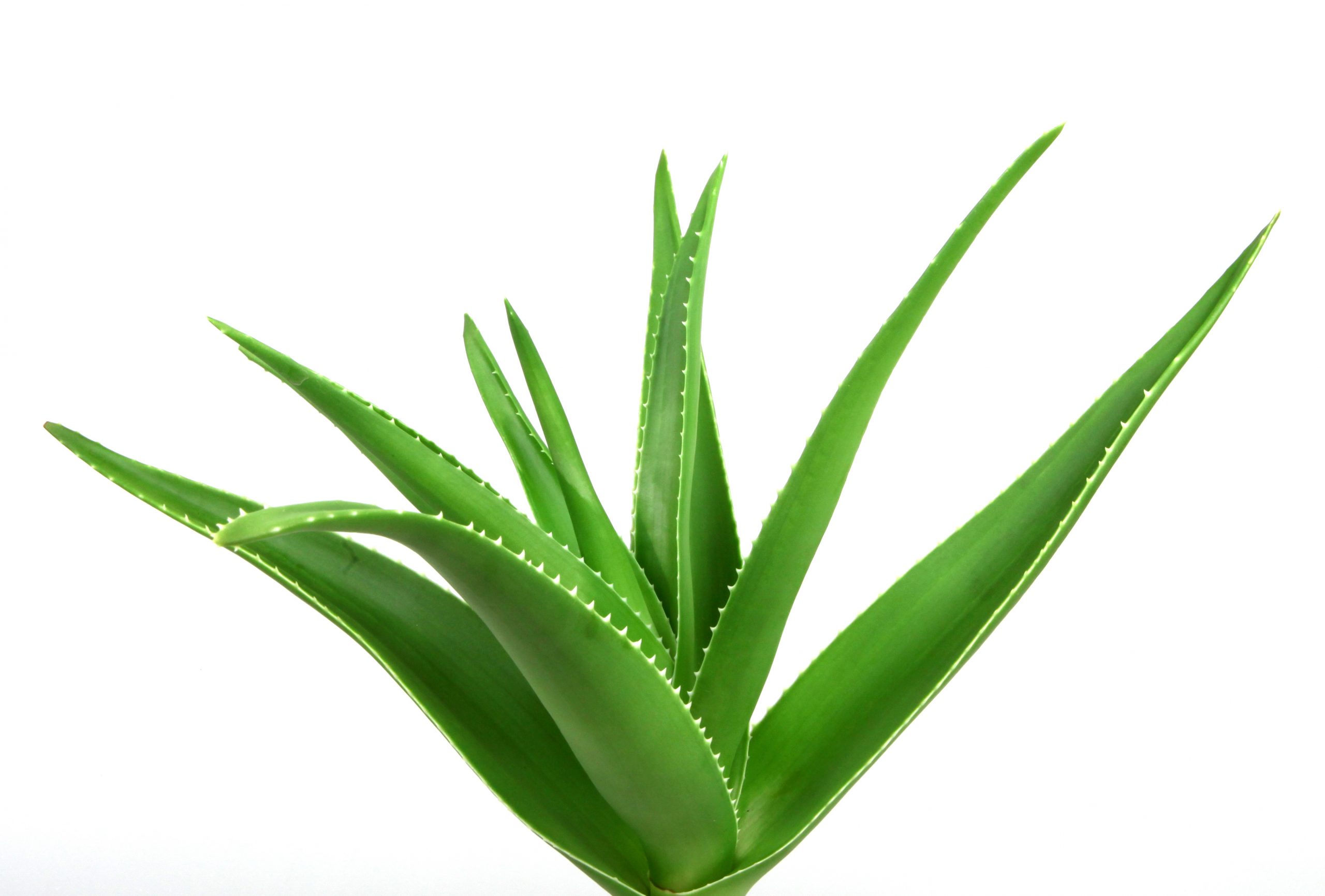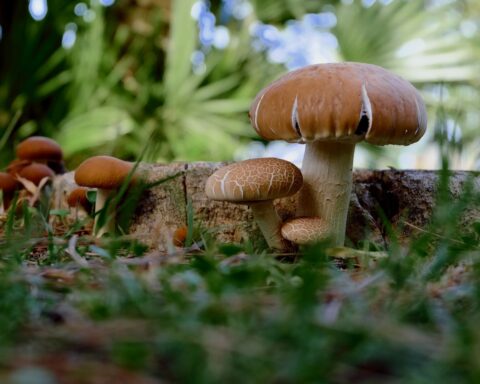Traditional medicine appreciates many plants, including aloe vera, which has been used for years to manage various conditions. It is widely known for treating sunburns and keeping blood sugar levels in check.
The plant family Asphodelaceaehas more than 400 aloe species, including aloe vera, which thrives even in the absence of soil, hence the name ‘plant of immortality.’ For many years, traditional medicine has cherished this plant and has used it to manage various medical conditions, including blood sugar levels, sunburns, and dental plaque. Modern medicine equally appreciates it, using it in making toothpaste, gels, ointments, and other herbal products. Yet, you may wonder, can I eat aloe vera? And if yes, should I eat it? Peer into this article and have your questions about this answered.
Aloe vera leaves are safe and edible
Aloe vera leaf comprises three parts; the gel, skin, and latex, although the leaves are typically known for the gel, which owes most of their health benefits. The gel is safe and edible, and all it needs is the right preparation for it to refresh your mouth. Because of its great refreshing taste, the gel finds its way in many foods, including salsa, dishes, and smoothies. The leaves have spiky parts on the sides and tops, and these have to be removed to extract the gel. After cutting them off, focus on the flat side, slice it off, extract the gel, and slice into small parts, which must be thoroughly washed and rinsed to clear debris, residue, and latex whose presence will make the gel bitter.
Latex; while the gel is tasty and safe for consumption, many safety concerns arise about eating latex. First, this thin film between aloe vera’s skin and gel has anthraquinones giving it the laxative effect. When you eat too much latex, you will likely have diarrhea, stomach cramps, and discomfort. Moreover, some studies claim that the laxatives might have cancer-causing properties. What’s more, excessive consumption of latex is potentially fatal.
Skin; like the gel, aloe vera skin is safe for consumption and also finds its way into our diet quite often. For instance, if you are a fan of hummus, summer salads, or salsa, the skin should make one of your greatest ingredients, especially because of its crunchy texture and mild flavor. Preparation is critical if you are to enjoy the skin. However, the process is simple. All you need is to eliminate the spiky and flats sides and thoroughly wash the gently cut skin to remove residue, debris, and latex. Some aloe vera leaves might be tough, and you might need to soak them in water for at least 20minutes to enjoy them. As you enjoy the gel and the skin, ensure you get your leaves from the aloe vera plant and not others within the aloe family since they might be poisonous.
Can I eat aloe vera skincare gels?
While aloe vera gel and skin are safe for consumption, the skincare gels are inedible and should never be eaten. Instead, they are supposed to be topically applied to fight inflammation, reduce itchiness, moisturize the skin, and heal sunburns. Besides, in preparing the skin products, manufacturers use preservatives to lengthen the products’ lifetime, and most of these additives are unfit for ingestion. If you thought that by eating the skincare products you might reap the aloe vera health benefits, you are wrong since the industrial processes the leaves are subjected to likely strips them off of their cherished health potentials.
Aloe vera: Potential health benefits
Aloe vera is famous worldwide, and for every good reason. The leaves and other parts accrue praise for their potential health benefits, some of which are listed below;
- ; free radicals from the environment and metabolism find their way into the blood system. When they accumulate in the cells, they result in oxidative stress, increasing the risk of many chronic illnesses such as cancer and heart diseases. However, with increased blood antioxidant levels like aloe vera leaves provide, most of these diseases are kept at bay.
- ; various human and animal studies have been conducted on the relationship between aloe vera and blood sugar levels, and the results were promising. The plant helps boost insulin sensitivity, hence very useful for controlling blood sugar levels.
- ; although human studies are needed, animal studies have shown that eating aloe vera skin and gel could help enhance memory and reduce anxiety and depression.
- ; mouthwash is among the aloe vera products in the market today, and studies show that their efficacy is similar to what the regular mouthwash does, helping reduce dental plaques.
- ; besides oxidative stress, inflammation also increases the risk of illnesses and medical conditions. Yet, several test-tube and animal studies have confirmed that aloe vera leaves can fight inflammation.
Health concerns of consuming aloe vera latex
While the aloe vera gel and skin may be safe for consumption, the latex, a yellow part between the gel and skin, is unsafe. Of course, consuming small quantities may promote wall contractions, easing constipation. Commonly reported problems of its regular consumption include kidney problems, stomach cramps, weakening of muscles, and irregular heartbeats. Besides, some studies claim that taking more than 1g of latex daily may cause cancer and fatality. In addition, latex stimulates contractions hence not suitable for pregnant women since they may miscarry. The latex is inappropriate for people under heart disease or diabetic medications, as it could worsen the drugs’ side effects. Lastly, the skincare gel should not be consumed since the added ingredients may be unfit for consumption, and the industrial processes also strip them of their health benefits.
Conclusion
Aloe vera plant is one of the more than 400 aloe species. In traditional and modern medicine, it is cherished for its many health benefits, including fighting inflammation and oxidative stress and keeping blood sugar levels in check. The skin and gel are safe for consumption as long as they are well prepared. However, latex should not be consumed as it has many health concerns, including fatality. To enjoy the health benefits of aloe vera, get its leaves and not from other aloe species and avoid the skincare gel products.
- How HØJ Became the New High - June 10, 2023
- “Sahyog-Care for You”: Empowering Communities and Creating Lasting Change - June 10, 2023
- Sexual Positions to Last Longer – Here Are The Best Positions for Giving Her An Orgasm - April 7, 2023









